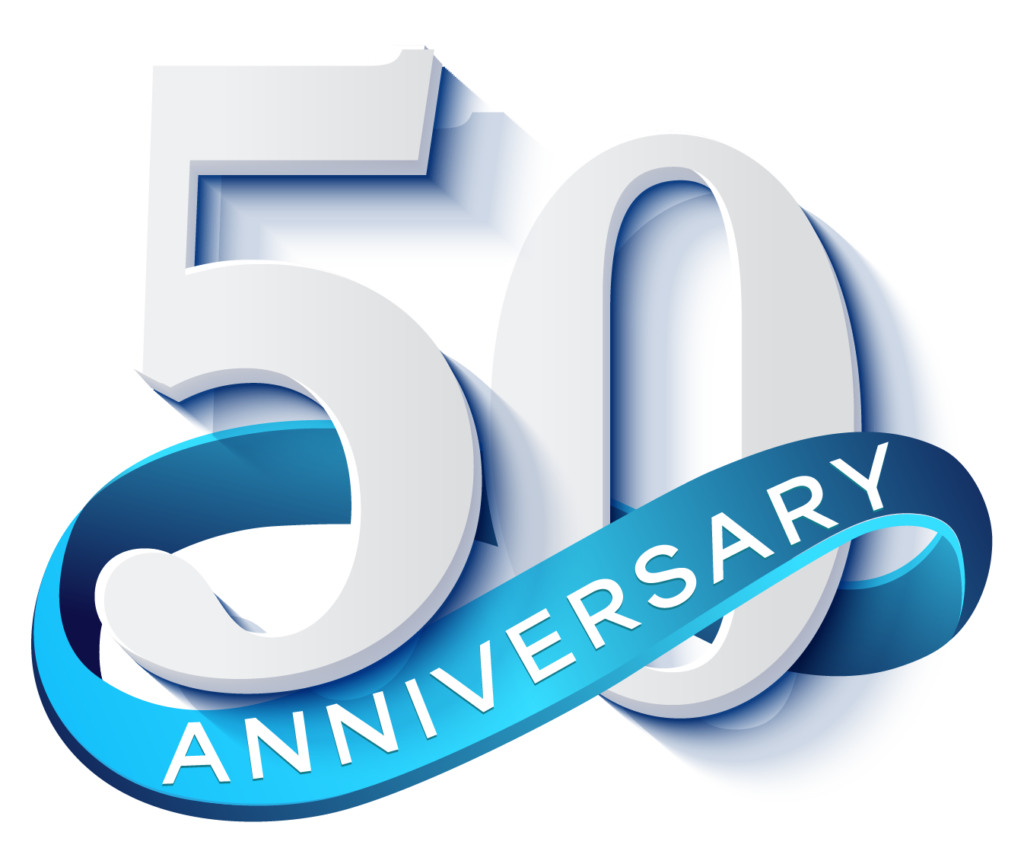In the vibrant medley of the modern workplace, each unit– each employee – contributes a unique shade of skill and personality that, when woven together with intention, creates a masterpiece of productivity and collaboration. According to a study, understanding the personality traits of employees can lead to an increase in job performance. The power of a personality test for employees lies in their ability to reveal the diverse facets of an individual’s character, allowing managers to align tasks with temperaments and fuel a work environment brimming with motivation and job satisfaction. Embracing the kaleidoscope of personalities within a team is not just about harmony; it’s a strategic move towards amplifying potential, fostering innovation, and shaping a company culture that thrives on the richness of its human capital.

What are Personality Tests?
Personality tests are structured psychological assessments that aim to reveal an individual’s character, temperament, and behavioral preferences. These tools are designed to measure and categorize a range of psychological attributes based on standardized questions.
The purpose of these tests is multifaceted: in a professional environment, they’re used not only to gauge the best role for an individual, aligning their natural inclinations with job responsibilities but also to predict how they may interact with others in a team setting.
Organizations utilize personality tests to make informed decisions on hiring, team building, and leadership development. As stated in a study by the Society for Human Resource Management employers who use personality assessments are often better at selecting candidates who excel in their roles and the company’s environment. It leads to higher employee satisfaction and retention rates as roles align more closely with individual traits and skills.
Personalysis: Science-Based Personality Test
While the previous personality tests have their merits and are often integral to the hiring and team-building process, they do not have scientific validation. They are sometimes criticized for over-simplifying human behavior or failing to predict job performance accurately. In contrast, the Personalysis assessment provides a multifaceted view designed to avoid categorizing individuals into rigid types.
The Personalysis assessment differentiates itself by offering a dynamic view of personality. It eschews traditional labeling in favor of illustrating how an individual engages with three critical aspects: building fundamental confidence, navigating social interactions, and expressing purpose and passion through their actions. It’s similar to having a threefold perspective contained within a single profile.
The Personalysis framework recognizes the universal aspects of our psychological “operating system,” yet underscores the unique differences between individuals. By transcending bias associated with personality styles, Personalysis facilitates profound comprehension of these differences. It acts as a powerful tool for sparking meaningful discussions that underpin inclusive collaboration at the highest levels.
Scientifically Validated Insights
Personalysis has stood the test of time, with continuous evaluation and validation for nearly 50 years. This longevity in the industry is not just a testament to its enduring relevance but also the robustness of its psychometric properties. A comprehensive collection of psychometric studies, detailed in the Personalysis reliability testing white paper, provides empirical evidence supporting its effectiveness in predicting behavior and performance in the workplace.
Benefits of Personality Tests for Employees
Personality tests can be the fulcrum upon which workplace synergy and personal development pivot. By identifying innate tendencies and communication styles, these assessments serve as a roadmap to enhanced interpersonal dynamics and self-awareness.
Improved Team Dynamics
Detailed personality assessments can illuminate the diverse cognitive and behavioral fabric of a team, thereby optimizing its workplace connection and performance. Understanding individual differences through such tests facilitates the assembly of complementary skill sets, fostering a collaborative atmosphere where each member’s strengths are utilized effectively. This strategic alignment bolsters productivity and cultivates a workplace culture that values each employee’s unique contribution.
Enhanced Communication Skills
Effective team communication is the keystone of any successful organization. Tools like the Personalysis assessment tool help clarify an individual’s communication style which, when shared within a group, enhances mutual understanding and reduces conflict. When a team member is aware of their own and their colleagues’ communication preferences and behavioral tendencies, it results in more efficient interactions and collaborative efforts, creating a more harmonious and productive work environment.
Personal and Professional Growth
The insights gained from personality tests are not limited to immediate work applications; they also facilitate profound personal development. A Harvard Business Review article highlights that self-awareness—often an outcome of these assessments—serves as a cornerstone for emotional intelligence, a critical factor in achieving professional success. Individuals who understand their strengths and areas for growth are better equipped to seek out opportunities and roles that align with their skills, driving their career advancement and satisfaction.
Implementing Personality Tests in the Hiring Process
Incorporating personality assessments into recruitment strategies can significantly enhance the hiring process, enabling organizations to identify candidates who not only have the right skills but also closely align with the company’s engaged culture and values. This alignment can be the difference between merely filling a vacancy and securing a long-term asset for the team.
Screening Candidates Effectively
When it comes to screening candidates, personality testing can provide invaluable insights that go beyond the information captured in resumes and interviews. For instance, studies like those published in the International Journal of Engineering and Management Sciences reveal that certain personality traits predict job performance and turnover rates. By understanding these traits, employers can make more informed decisions. As emphasized by leading industry experts, such precision in candidate screening helps pinpoint the potential for not just job competence but also compatibility with team dynamics and organizational ethos.
Ensuring Fairness and Objectivity
The use of standardized personality assessments during the hiring process can support a more objective and equitable recruitment strategy. When administered correctly, these tests can mitigate unconscious biases by providing a consistent framework for evaluating all candidates. A consistent approach to assessments is key to maintaining fair hiring practices. Additionally, they can help meet legal and ethical standards by ensuring decisions are based on relevant job-related criteria rather than subjective impressions or potentially discriminatory factors.
Analyzing and Interpreting Test Results
The interpretation of workplace personality test results goes beyond mere scores; it entails a nuanced understanding of an individual’s key personality traits and how they translate in a work context. In this phase, the expertise of HR professionals and transparent communication with employees become pivotal.
Training HR Professionals
To ensure the proper analysis and application of employment personality test outcomes, HR professionals must be well-versed in psychometric theories and methodologies. Experts from the Association for Talent Development suggest incorporating regular workshops and certification courses to bolster the competence of HR teams in this area. Training enables them to discern the implications of various personality facets on job performance and to align employee roles with individual strengths, thereby optimizing workplace efficiency and satisfaction.
Communicating Results to Employees
After analyzing the results, it is crucial to communicate them to employees in a constructive and empowering manner. The American Psychological Association advocates for a feedback approach that encourages self-awareness and personal development, rather than one that pigeonholes employees into fixed categories. Feedback should be presented as a starting point for growth and development, rather than a finite judgment of one’s abilities or potential. Industry experts recommend utilizing one-on-one discussions to personalize the delivery of results, ensuring confidentiality and fostering an atmosphere of trust and support for continued professional development.
Continuous Improvement Strategies
The implementation of continuous improvement strategies is vital to refining the workplace personality assessment process and ensuring it remains a beneficial tool in the modern workplace. By regularly revisiting and enhancing the protocols involved, organizations can maintain a competitive edge while fostering a culture of personal growth and advancement.
Feedback Loops and Follow-ups
Creating effective feedback loops after administering personality assessments is instrumental in personalizing employee development plans and improving the assessment process itself. Such loops can be established by scheduling routine follow-up meetings to discuss employee progress and by collecting feedback on the utility of the assessments. Research underscores the significance of follow-up, demonstrating that continual check-ins substantially contribute to higher employee satisfaction and productivity. Regular employee surveys can also play a role in fine-tuning tests as they show a positive relationship between employee feedback and the predictive validity of personality assessments.
Adapting to Evolving Workplace Dynamics
Personality assessments must evolve in tandem with changing workplace dynamics to remain relevant and effective. As new work models and technologies emerge, assessments should be updated to reflect these shifts. This is supported by insights from industry leaders such as Gartner, which has documented the evolving nature of team structures and collaborative environments, suggesting a need for assessment tools to account for remote work competencies and digital collaboration skills. Moreover, by integrating the latest advancements in psychological research, companies can ensure that their workplace personality tests align with the latest understanding of human behavior in professional settings.
Conclusion
Personality assessments are more than diagnostic tools; they are catalysts for personal and professional transformation within the workplace. Careful application and continuous refinement of an emotional intelligence test can enhance employee satisfaction, drive career development, and increase organizational effectiveness. In the spirit of fostering ease and excellence, personality assessments should be approached not as hurdles, but as gateways to understanding and empowering the human potential within a business.
Experience the power of self-awareness with Personalysis. It not only provides insights into your team’s dynamics but also paves the way for a more cohesive, productive work environment.




